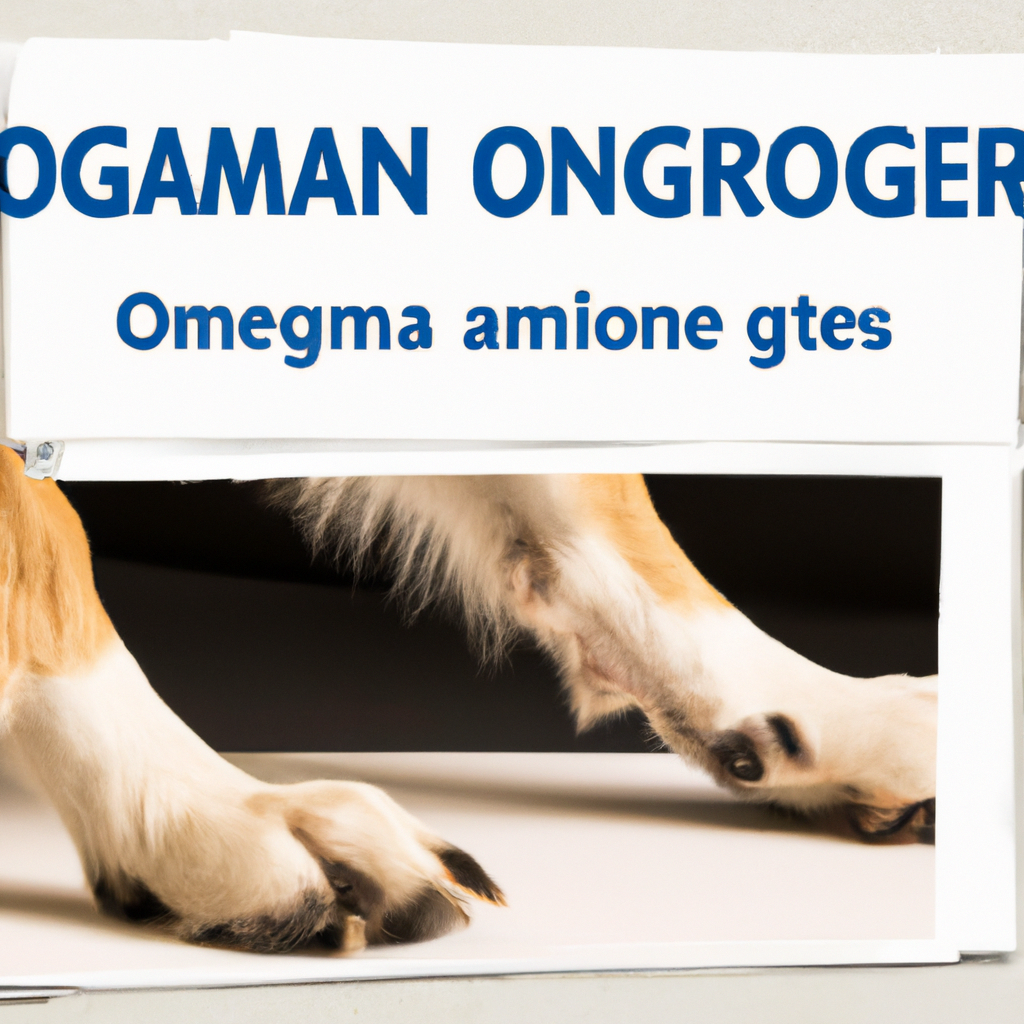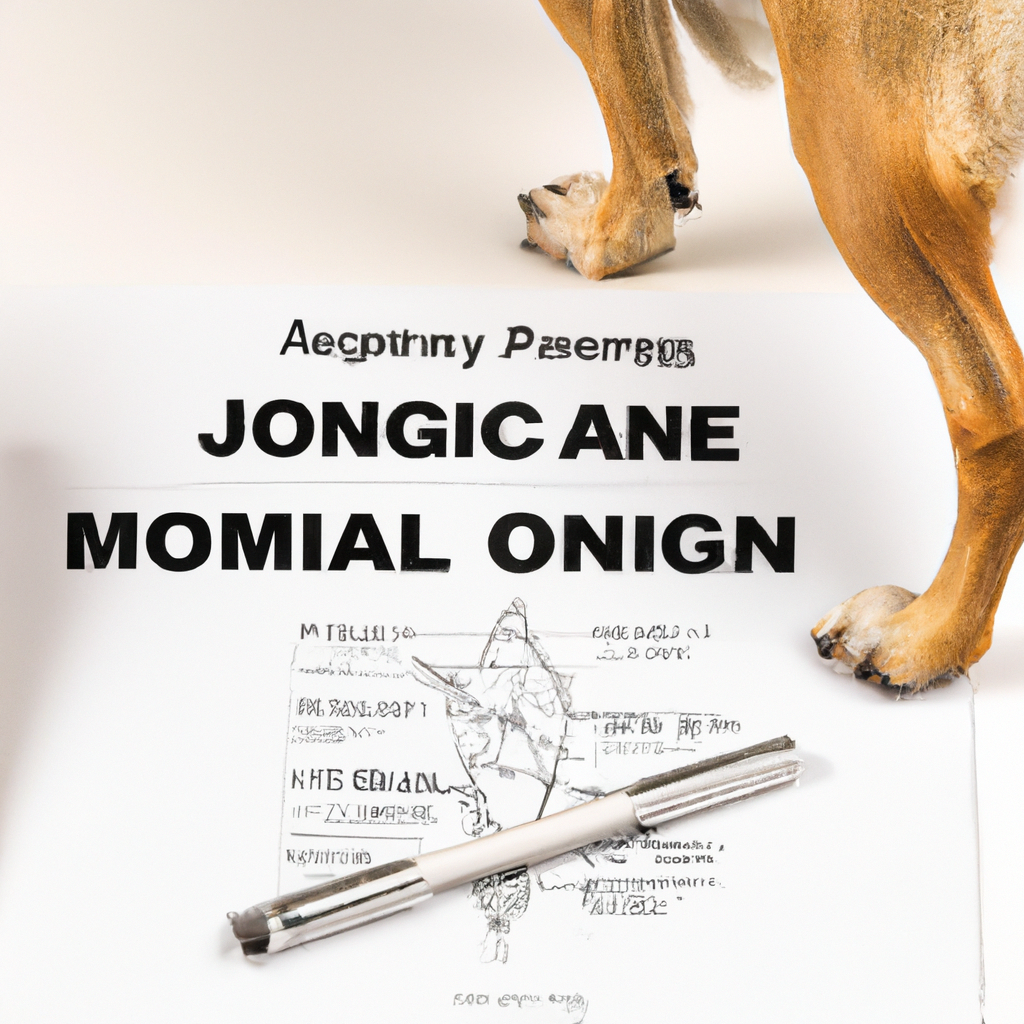Recognizing and Managing Common Orthopedic Issues in Dogs
Recognizing and Managing Common Orthopedic Issues in Dogs Dogs, just like humans, can suffer from various orthopedic issues that

Recognizing and Managing Common Orthopedic Issues in Dogs

Dogs, just like humans, can suffer from various orthopedic issues that affect their bones, joints, ligaments, and muscles. Recognizing the symptoms early and seeking appropriate management can help alleviate your furry friend’s discomfort and improve their quality of life.
Common Orthopedic Issues in Dogs:
- 1. Arthritis: This degenerative joint disease leads to stiffness, swelling, and pain in the joints, making it difficult for dogs to move around comfortably. Weight management and gentle exercise can help reduce discomfort.
- 2. Hip Dysplasia: A congenital condition resulting in abnormal hip joint development, hip dysplasia is common in certain breeds. Treatments range from medication management to surgical interventions.
- 3. Luxating Patella: The knee cap dislocates from its normal position, causing pain and limping. Mild cases can be managed with exercise, while severe ones might require surgery.
- 4. Osteochondrosis: A developmental disorder that affects the cartilage and bone growth in rapidly growing dogs. Proper nutrition and controlled exercise can aid in management.

Recognizing Symptoms:
As a responsible dog owner, it’s important to be aware of the signs indicating orthopedic problems:
- • Limping or difficulty in walking
- • Stiffness or reluctance to move
- • Decreased activity levels
- • Swelling or joint deformities
- • Yelping or whimpering when touched
Tip: Regular veterinary check-ups can aid in early identification of orthopedic issues, even before noticeable symptoms occur.
Management and Treatment:
When it comes to managing orthopedic issues in dogs, it is crucial to consult a qualified veterinarian. Treatment options may include:
- • Medications: Pain relief, anti-inflammatory, and joint supplements can be prescribed to alleviate discomfort and promote better mobility.
- • Physical Therapy: Specific exercises and rehabilitation techniques can strengthen muscles, enhance joint flexibility, and improve overall mobility.
- • Weight Management: Maintaining a healthy weight reduces stress on joints and can slow the progression of certain orthopedic conditions.
- • Surgical Intervention: In severe cases, surgery may be necessary to correct certain conditions such as torn ligaments or hip dysplasia. A veterinarian will help determine the best course of action.

Warning: Never attempt to diagnose or treat orthopedic issues in your dog without professional guidance. Improper management can exacerbate the condition or lead to further health complications.
Caring for Your Dog’s Orthopedic Health:
Preventing orthopedic problems is always better than seeking management later. Here are some tips to promote musculoskeletal health in dogs:
- • Provide a balanced diet with appropriate nutrients to support bone and muscle growth.
- • Avoid overfeeding and maintain a healthy weight for your dog’s breed and size.
- • Engage in low-impact exercises like swimming or short walks to keep joints active and muscles toned. Avoid activities that put excessive strain on their joints.
- • Provide a comfortable resting place and a soft bedding area to minimize pressure on joints.
- • Regularly groom your dog to maintain good hygiene and inspect for any signs of swelling or discomfort.
Remember, a healthy dog is a happy dog. By understanding and recognizing common orthopedic issues, you can take proactive measures to ensure your canine companion lives a comfortable and active life.






